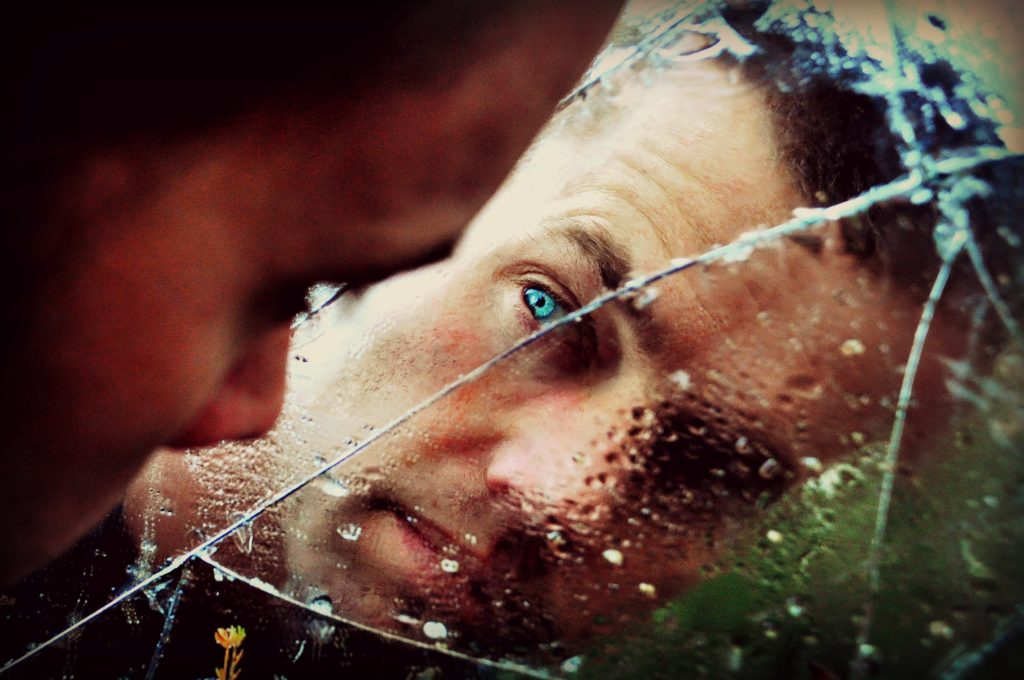
Eighty million a day. That’s how many visitors Pornhub.com draws. And that’s only one adult site—albeit the largest one. Any teenager with a laptop or smartphone can access a continual stream of adult material, and parental controls usually do not filter all the content. So, how is pornography affecting those who are growing up with it?
Let me say first that my perspective as a therapist is not to laud or condemn adult sexual activity that is consensual and legal, but to provide compassionate help for those who experience an addiction to it. People are not able to grow and change when they feel judged. As a therapist, I also seek to understand what effect porn has on the general population, particularly on children and teens who may be viewing it for the first time.
The number of young adults who come to our office seeking help for a pornography addiction is increasing. It’s difficult to determine the age at which young people are seeing it for the first time, but estimates range between 10 and 14 years old. Some children are exposed as early as 7—usually by accident or by a sibling. That first viewing is often a mixture of captivating, disturbing, and confusing to young children.
Over the years, mental health professionals have noted a “classic” correlation between sex addiction and childhood trauma; however, because of the widespread availability of pornography, a “contemporary” form of addiction to porn has appeared which does not include sexual acting out (Riemersma, J. Sytsma, M. 2013. A New Generation of Sexual Addiction. Sexual Addiction & Compulsivity, 20:306-322).
The porn addict may intend to spend only about 15 minutes looking at porn, but then 2 or 3 hours later, he or she is still transfixed by it. School performance can suffer, as well as relationships, social groups, and other nurturing activities. Watching porn may become a closely guarded secret—out of shame for the types of porn being viewed, out of embarrassment for the frequency of viewing, because of religious injunctions, or any number of other reasons. Over time, porn viewing can become a shameful secret, and the problem with shameful secrets is that they tend to drive us into disconnection—away from healthy, supportive relationships. Many addicts live a life of compartmentalization—a respected image on the outside and a shameful secret on the inside.
For teenagers, but also for some adults, there can be confusion over what “real” sex is like. The women in the videos seem to enjoy or even prefer being slammed against the wall; the men in the videos are well-endowed and seem to be able to perform with total endurance for hours. The young porn viewer may wonder, is this what women want? Is this what is expected of me in bed? Real-life sex can have its own excitement and beauty, but it’s important to realize that, at times, it can be awkward and emotionally complex. The nurturing, caring side of real-life relationships can be discounted or misunderstood because of the virtual world of porn.
Most pornography addicts come to a place where they realize they can no longer afford to be continuously swept up in another cycle of binging on porn. I provide non-shaming, compassionate help to those whose activities have become out of their control. I do not guilt clients into changing their behavior, but I help them use their own desire for change to move forward to the life they want. I also assist them in seeing their own strengths in the recovery process. It’s important to provide practical resources, not just theories. The client is in control of the speed at which we move through therapy, and if something isn’t working, I’m happy to try a different method.
As you, the client, get more stable in sobriety, we start to peel back the layers of the onion so that you can understand why you have been addicted to pornography or sex. Your life will start to change; you will feel differently about your relationships, your work, and yourself. Your path to healing starts with a phone call or an email. Contact me today to set up your free 20-minute phone consultation. Help is just around the corner; you don’t have to do this alone.
If you would like to schedule an appointment with Tim, please call him at 919-533-7907. Or you can e-mail him at tim@bullcitypsychotherapy.com









